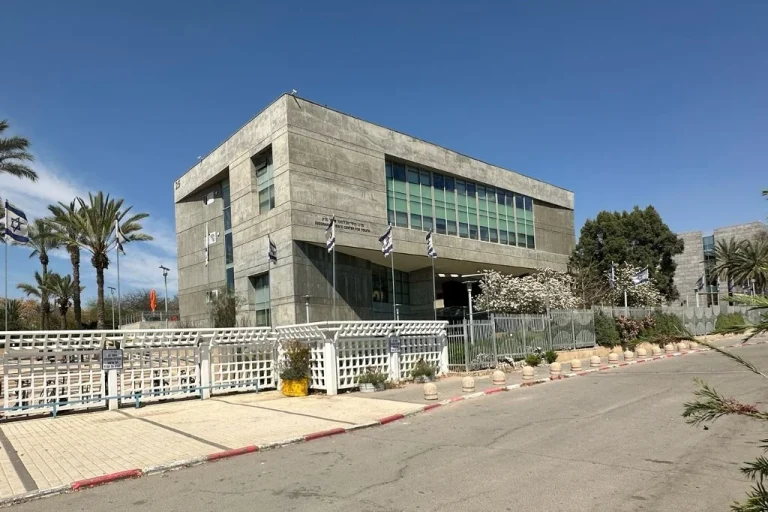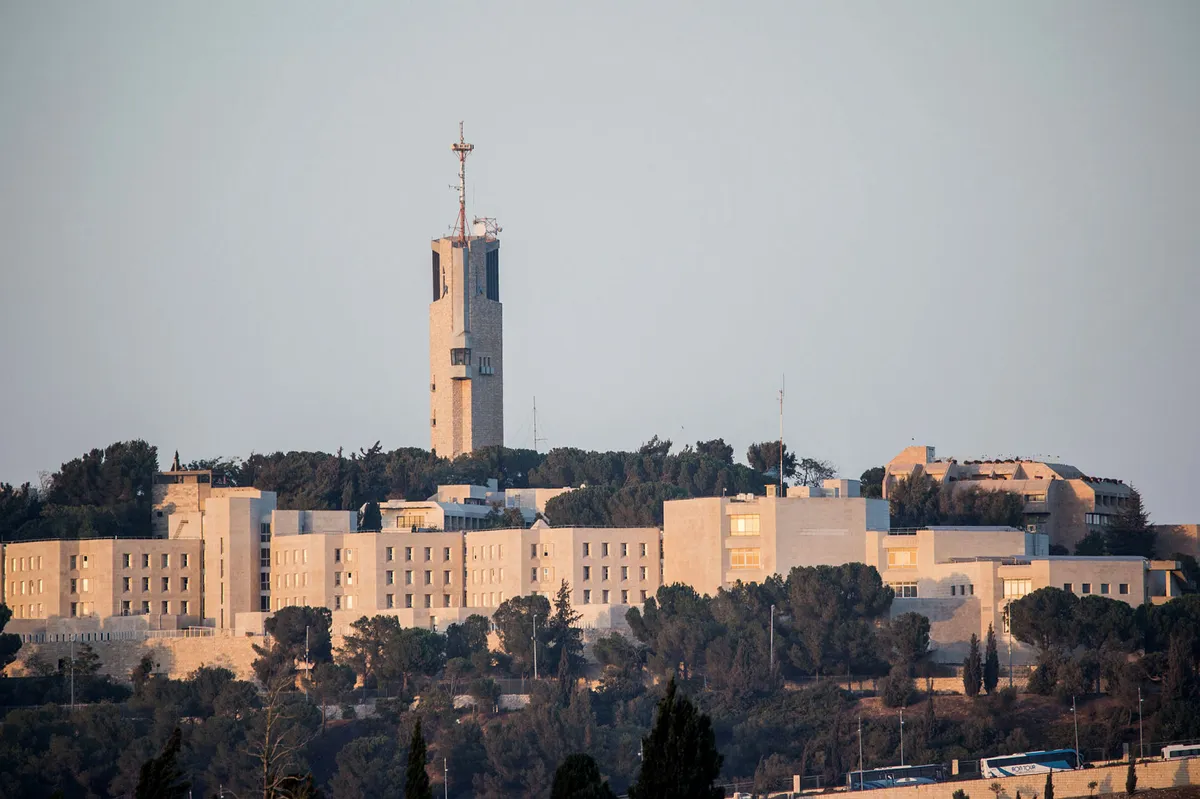Jerusalem, 15 September, 2025 (TPS-IL) — An international research team led by Ben-Gurion University of the Negev has uncovered new biological evidence that diet can directly influence brain aging, pointing to two proteins in the blood as key markers.
The study, released on Monday and published in the peer-reviewed Clinical Nutrition, found that levels of galectin-9 and decorin, proteins linked to accelerated brain aging, decreased significantly in participants who adhered to a green Mediterranean diet rich in polyphenols from sources such as green tea and the aquatic plant mankay.
The research was conducted as part of the DIRECT PLUS trial, one of the world’s most extensive brain MRI dietary intervention studies, involving nearly 300 participants monitored over 18 months. The participants were divided into three dietary groups, and whole-brain MRIs were performed before the study began and again at the end of the trial. Advanced models were then used to predict “brain age” based on MRI data, enabling the researchers to calculate each participant’s “brain age gap”—the difference between their chronological age and the biological age of their brain.
A positive gap suggested accelerated brain aging, while a negative gap indicated a younger-than-expected brain. High brain age gaps are associated with conditions such as mild cognitive impairment and Alzheimer’s disease, often linked to processes like inflammation, high blood pressure, diabetes, cholesterol imbalance, and the accumulation of proteins such as β-amyloid and tau.
The study’s findings showed that diet had a measurable effect on the proteomic profiles of participants, particularly those with accelerated brain aging. Levels of galectin-9 and decorin were strongly correlated with older brain age, but both decreased significantly in individuals consuming the green Mediterranean diet. This suggests that diet can modulate protein activity tied to brain health.
“This study represents an advance in the field of nutri-omics,” said Prof. Iris Shai of Ben-Gurion University, who also holds positions at Harvard University and Leipzig University. “By integrating nutritional science with omics technologies such as proteomics, we open new directions for developing targeted nutritional strategies to slow neurological diseases.”
High levels of galectin-9 have previously been found in people with mild cognitive impairment and in early stages of Alzheimer’s. Decorin, a structural protein of the extracellular matrix, has similarly been linked to early pathological changes in Alzheimer’s when found in elevated levels in cerebrospinal fluid.
Dafna Pechter, a doctoral student at Ben-Gurion University and first author of the paper, highlighted the potential practical implications of the findings. “In this study, we are taking a small step towards a new possibility – a simple, accessible, and inexpensive blood test that could in the future provide an indication of brain status by analyzing different layers of omics, such as proteomics, in the blood,” she said.
The research builds on earlier studies that showed both traditional and green Mediterranean diets slowed the rate of brain atrophy by about 50 percent within 18 months. Improvements in blood sugar control, particularly reductions in hemoglobin HbA1c, were also linked to neuroprotective effects.
Dr. Anat Yaskulka Meir, a postdoctoral fellow at the Harvard T.H. Chan School of Public Health and co-first author of the paper, stressed the importance of using circulating proteins as biomarkers.
“Studying circulating proteins allows us to see, in an everyday context, how brain aging processes are influenced by lifestyle and dietary changes,” she explained. “This approach provides a dynamic window into brain health, revealing biological changes long before symptoms appear. By mapping these protein signatures, we gain powerful insights into how interventions like diet can preserve cognitive function with aging.”
The study suggests that dietary interventions, particularly the green Mediterranean diet enriched with polyphenols, could play a crucial role in regulating blood proteins associated with brain aging. The anti-inflammatory activity of foods such as mankay, green tea, and walnuts may underpin their neuroprotective effects, offering a promising avenue for delaying the onset of age-related cognitive decline.
Tracking proteins like galectin-9 and decorin in blood may pave the way for a simple screening tool that flags accelerated brain aging long before cognitive symptoms appear.































